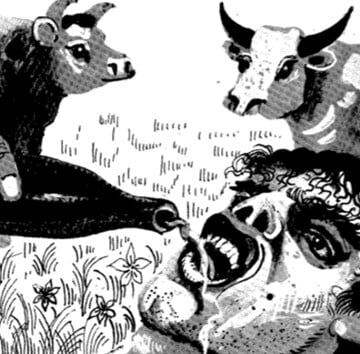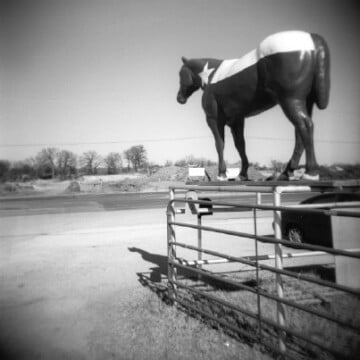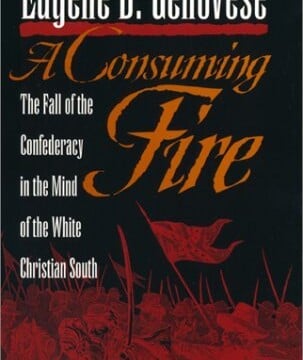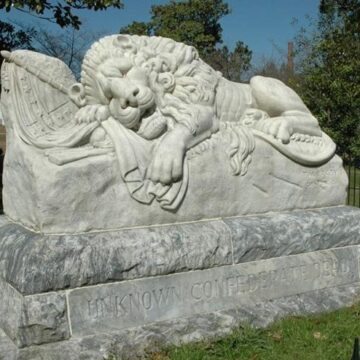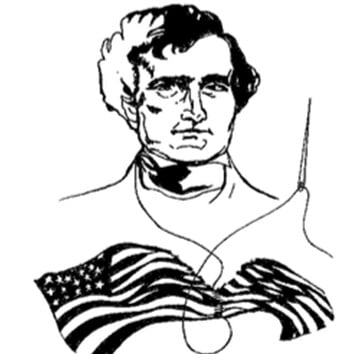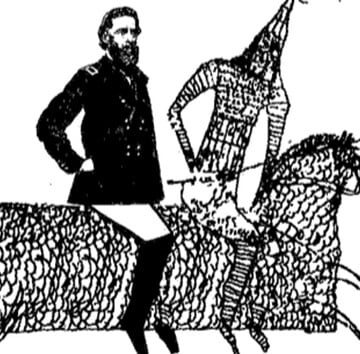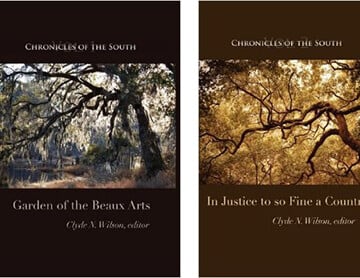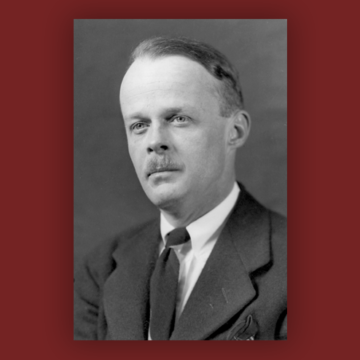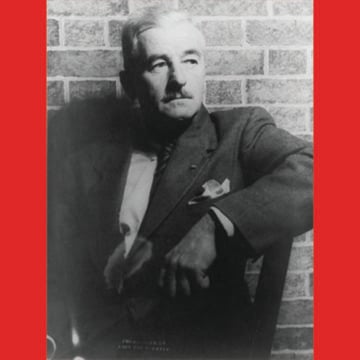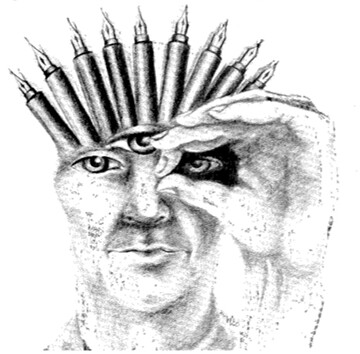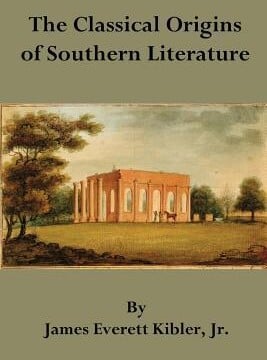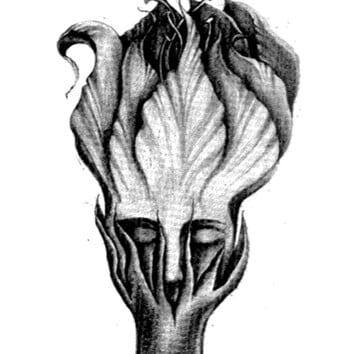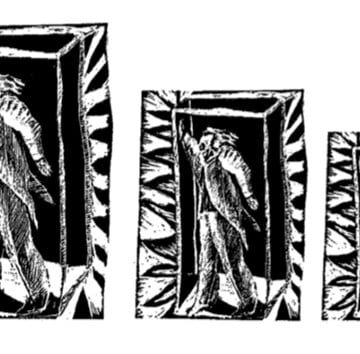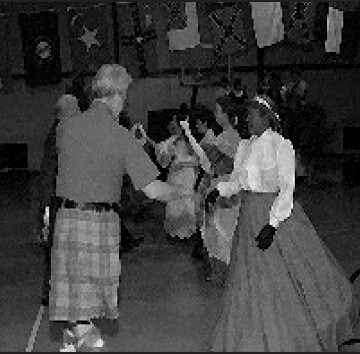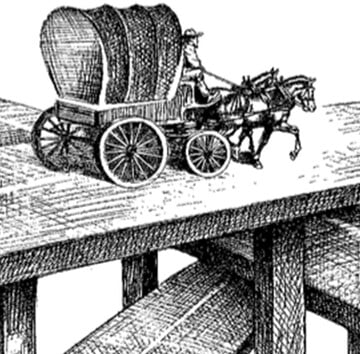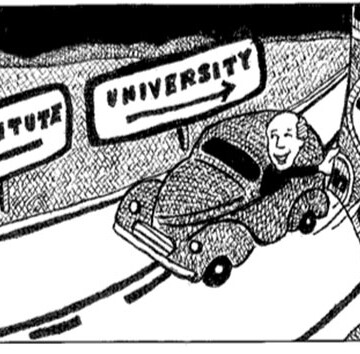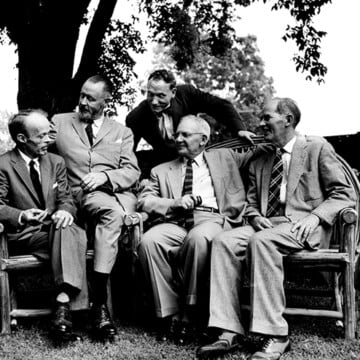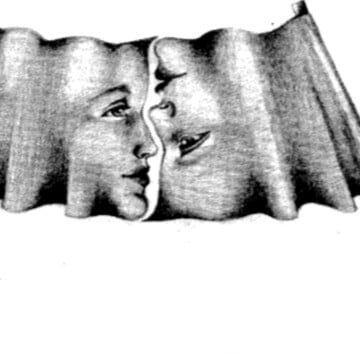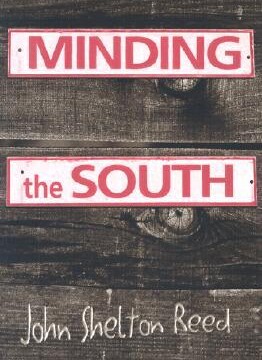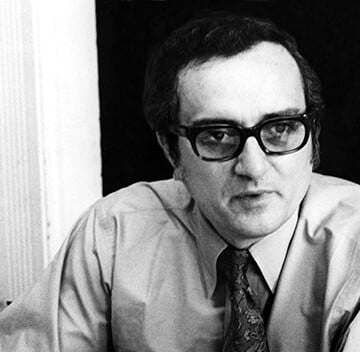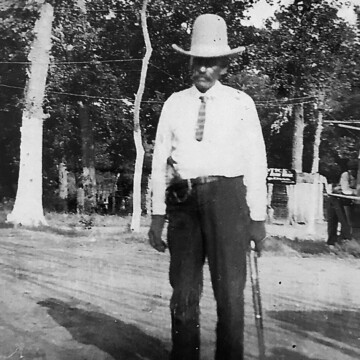Southerners are not like other Americans. Significant cultural differences have always separated them from the North. Even today cultural variations between Southern black and white people are fewer than those between white Southerners and white Northerners. In other words, the population of the United States is more divided culturally along regional lines than along racial...
288 search results for: Southern+Heritage
Where the South Meets the West
Oh, I’m a good old Rebel, That’s just what I am. And for this damned Republic, I do not give a damn! I’m glad I fought agin it, I only wish we’d won, And I don’t want no pardon, For anything I done! —Maj. James Randolph, CSA Not long ago, Texas Gov. Rick Perry...
Christianity and Slavery in the Old South
“Slavery is as ancient as war, and war as human nature.” —Voltaire Americans, with their strong tendency to externalize the evil within them and to project it onto others, have been waging crusades to extirpate or crush one kind of evil or another for almost 200 years now. The Pelagian belief...
No Capitulation: A Call to Southern Conservatives
The following speech critical of the conservative establishment is one that I did not give at The Charleston Meeting, in Charleston, S.C., whither I was invited by its organizer Gene d’Agostino, as a speaker for the evening of April 14. After espying copies of my book on antifascism for sale on a table in the...
Music for Southern Independence
Every form of original American music in the 20th century began in the South: bluegrass, country, western, jazz, blues, rockabilly, and rock ’n’ roll. Even rap, pop, and heavy metal have been successful because they, in some way, use or imitate a Southern musical element. These styles, if they can be called that, started out...
Capture the Flag, Part I
In an earlier letter I cheered my buddy Chris’s suggestion that announcements at the 1996 Atlanta Olympics be given in both Southern and Yankee English but pointed out that on preliminary form Atlanta’s civic leaders are unlikely to cotton to the idea. I didn’t mention another of Chris’s proposals, one they’re guaranteed to like even...
An Infantile Disorder
“Why, we could lick them in a month!” boasts Stuart Tarleton soon after the Confederates fire on Fort Sumter in Margaret Mitchell’s Gone with the Wind. “Gentlemen always fight better than rabble. A month—why, one battle.” At that point, young Mr. Tarleton is interrupted by Rhett Butler, a rather darker character in Mitchell’s novel than...
Fightin’ Words
Perhaps you heard something of the furor evoked down here a couple of years ago when it was reported that a speech pathologist in Chattanooga, one Beverly Inman-Ebel, was conducting a class for those who wished to shed their Southern accents. (That’s how the news stories put it. One could as well say, of course,...
Franklin Pierce and the Fight for the Old Union
If Franklin Pierce is remembered at all today it is as an inept, do-nothing President whose only accomplishment was to sign the Kansas-Nebraska Act of 1854. Historians generally cite this bill, along with the 1857 Supreme Court decision in the Dred Scott case, as evidence of the aggressive designs of the South to extend slavery...
Honor, Violence, and Civilization
For evidence that academics miss the obvious, look no further than the 1996 study by two Midwestern psychologists on the proclivity of white Southern males to resort to violence when their honor is challenged. What a surprise! Psychologists Richard Nisbett (University of Michigan) and Dov Cohen (University of Illinois at Urbana-Champaign) conducted a series of...
A Southern Foison
In the Introduction to the first of these two volumes, Clyde Wilson allows, after a few paragraphs of justified complaint against the wholesale academic and political assault on Southern identity as well as Southern culture, that it was not always thus. “Southerners were seen as different and perhaps a little quaint, but tolerated as Americans.”...
Polemics & Exchanges: October 2022
Correspondence on Paul Gottfried's speech about Southern conservatives and Taki's article, "End of Empire, End of Manners."
Making Hay with the Southern Sun
Posthumously, William Faulkner has achieved a celebrity that, if we take him at his word, he despised and eschewed, but which seems inseparable from modem commercial culture. Every second man in the street, who can’t remember who is currently Vice-President, recognizes Faulkner’s name as that of a famous writer. Every lumpen intellectual who once read...
Remembering Allen Tate: Radical Conservative
A French woman who met the American poet Allen Tate (1899-1979) in the 1930s remarked, “Monsieur Tate is so conservative that he’s almost radical.” Etymologically, “radical” fits Tate well; his conservatism entailed returning, in the face of destructive social practices, to fundamental truths and the established customs embodying them, many immemorial. He espoused the primacy...
The Barefooted Faulkner
Faulkner’s work was deeply embedded in the oral tradition of the south, and has a strong sense of place.
The Treasury of Counterfeit Virtue
“O wad some Pow’r the giftie gie us To see oursels as others see us!” —Robert Burns A few years ago, a well-known conservative historian lamented that the American public was not morally engaged to undergo sacrifice after the September 11 attacks, unlike it was in its heroic response to Fort ...
The Treasury of Counterfeit Virtue
“O wad some Pow’r the giftie gie us To see oursels as others see us!” —Robert Burns A few years ago, a well-known conservative historian lamented that the American public was not morally engaged to undergo sacrifice after the September 11 attacks, unlike it was in its heroic response to Fort Sumter and Pearl Harbor....
Faithful Son
Boyd Cathey is an 11th generation Carolina Tar Heel who was mentored by and worked with Russell Kirk. The Land We Love: The South and Its Heritage is written reverentially, just as one might reflect on the memory of one’s mother. For the South is not just any region of the United States, like the...
Crackers & Roundheads
“The Celt in all his variants from Builth to Ballyhoo His mental processes are plain—one knows what he will do, And can logically predicate his finish by his start.” —Kipling Despite all that has passed since, the Civil War is still at the center of American history. No one has ever doubted this in the...
Out of Troy
Author of several novels and a memorable autobiographical work entitled Our Father’s Fields (1998), as well as a leading light of the Abbeville Institute, James Kibler has produced in the present work an indispensable study of the classical influence on Southern literature. Other literary historians and critics of Southern letters have explored this territory; however,...
Donald Davidson and the Calculus of Memory
The opening scene of the folk opera Singin’ Billy, for which Donald Davidson wrote the book and lyrics, takes place in the yard of Callie Wilkins, “Miss Callie,” the matriarch of Oconee Town in Pickens County, South Carolina. Two young people have married, John and Jennie Alsop, and are in danger of a shivaree. They...
Ancestors
With the deaths of Robert Penn Warren and Walker Percy the specter of the star system is loose again in the land. “Who will be their successors? Who will pick up their mantle?” It’s a plaintive cry, predictable but genuine, largely journalistic and academic—a spume from the wave of canon-making—thinned by its basis in literary...
Christmas in Abbeville
Last winter, I traveled to Abbeville, South Carolina, for its Fifth Annual Olde South Christmas. To the casual observer, this event might appear to be merely an instance of savvy small-town marketing—an attempt to capitalize on the trade in nostalgic simulacra of a simpler time. It had been suggested to me that, despite the superficial...
Southern Spies in the Ivy League
Several recent letters from readers outside the South have contained clippings and firsthand reports about the progress of Our Nation’s cause. I hope my correspondents don’t mind, but I’ve come to think of them as a sort of intelligence service, even sometimes as a Fifth Column. One expatriate, for instance, sent along a brochure for...
The Significance of the Region in American History
During the early 1920’s, 30 years after he had written his famous essay on the significance of the frontier in the nation’s history, the great American historian Frederick Jackson Turner published two other works on the democratizing role of what he termed the “section.” Sections, Turner wrote, “serve as restraints upon a deadly uniformity. They...
Barbecue Shacks, Palmetto Groves, and Other Schools
The smog of political correctness hangs heavily over most American colleges and universities. Since the politically correct are intolerant, support only their own style of research, and hire and tenure only their own kind, this condition may well he with us for two generations. This has led some to despair over the fate of higher...
Southern Baptists Versus the South
The Southern Baptist Convention (SBC) has over 15 million members. With over 46,000 churches, they are present in all 50 states (as well as several foreign countries). It is the largest Protestant denomination in the United States. Nonetheless, for nine straight years, the SBC has reported a net loss of membership. Last summer, the SBC...
The South’s Threatened Future
Michael Westerman’s memorial service was held on March 4, appropriately enough on Confederate Flag Day. My friend and fellow Southern Leaguer, Jack Kershaw, and I arrived shortly before noon at the designated meeting-place in Goodlettsville, Tennessee, just north of Nashville on I-65. The sky was late-winter pale blue, and against it, from the throng that...
Remembering the Southern Agrarians
In 1920 a group of writers gathered at the home of playwright Sidney Hirsch in Nashville for bi-weekly sessions of reading and dissecting each other’s prose and poetry. It was the beginning of an outpouring of creativity from a group that would try to defend and restore the traditional Southern way of life against the...
The Good Kennedys
The Kennedys are an American institution. No, not the Massachusetts rabble, but the Louisiana Kennedys, James Ronald (of Mandeville) and Walter Donald (of Simsboro), self-described “Scotch-Irish crackers” and authors of The South Was Right! and Why Not Freedom! America’s Revolt Against Big Government, both available from Pelican Publishing in Gretna, Louisiana (phone number: 1-800-843-1724). Born...
Flags as Symbols
At the end of the 60’s, the Establishment began a deliberate campaign to destroy a number of American symbols it considered inimical to black welfare. That these symbols—such as the various flags of the Confederate States of America and the song “Dixie”—are revered by a large section of our country for reasons not connected with...
The Racists and the Flag
The Southern Baptist Convention finally had its Appomattox, surrendering the flag of its ancestors at its annual meeting of messengers (representative delegates) held in mid-June in St. Louis. Reportedly, an overwhelming majority of messengers voted in favor of Resolution 7, in which they determined to “call our brothers and sisters in Christ to discontinue the...
New England Against America
“The fiction of Mr. Simms gave indication, we repeat, of genius, and that of no common order. Had he been even a Yankee, this genius would have been rendered immediately manifest to his countrymen, but unhappily (perhaps) he was a Southerner. . . . His book, therefore, depended entirely upon its own intrinsic value and...
New England Against America
“The fiction of Mr. Simms gave indication, we repeat, of genius, and that of no common order. Had he been even a Yankee, this genius would have been rendered immediately manifest to his countrymen, but unhappily (perhaps) he was a Southerner…. His book, therefore, depended entirely upon its own intrinsic value and...
The Prophetic Voice of Donald Davidson
“Canst thou draw out leviathan with a hook?” —Job 41:1 No idea is more central to the American political tradition than that of limited government. As a nation we began with our commitment to the liberty of commonwealths, of communities, and of citizens. When we collectively rejected the remote, arbitrary, and potentially hostile power that,...
A New Venture
The Southern Classics Series is a new venture of J.S. Sanders and Company. John Stoll Sanders and his series editor M.E. Bradford are systematically resurrecting worthy titles that have disappeared from the pages of Books In Print. In so doing, they are making a valuable statement about the Southern tradition in American literature. I purposely...
Incidentally White
“[T]o speak in general terms of the prototypical Southern conservative we would say first of all that he was not an alienated man.” —M.E. Bradford, “Where We Were Born and Raised” White nationalism has long existed on the borderlands of disaffected conservatism. Among its several denominations is the movement known as identitarianism, which combines the...
Showdown at Gettysburg
Sitting through a showing of the recent film Gettysburg in a multiplex theater amid the abstract sprawl of suburban Yankeedom was somehow an unnerving experience. I don’t mean to say that the movie itself was off-putting or unsuccessful, though come to think of it, there were a few awkward moments here and there. No, the...
Passing the Bottle
In the aftermath of a conference not long ago, a dozen of us spent a night in downtown Little Rock. (No, this wasn’t the Economic Summit. It was a gathering of poets, novelists, and essayists to discuss Southern autobiography, and the talk was a whole lot better.) All in all, I’m a little more cheerful...
Worrying the Southern Bone
Longtime readers of Chronicles are familiar with John Shelton Reed, who used to write a column for this magazine. Those less familiar may recall the occasional news story based on the latest intelligence-gathering done by the University of North Carolina’s Center for the Study of Southern Culture, which Professor Reed founded. Well-known among his fellow...
Redeeming the Time The Days are Evil
The human universe, we are told by optimists on the editorial pages, is contracting into a gray and insipid doughball, pasted over with brightly colored labels advertising the only ethnic rivalries that persist: the struggles between Nissan and Daimler, Pizza Hut and Taco Bell. Unfortunately, there are people around the world who do not read...
Charmless
Early in Owen Wister’s 1905 novel Lady Baltimore, the narrator, recently arrived in Charleston from Philadelphia, remarks upon the stillness of the city, its “silent verandas” and cloistered gardens behind their wrought iron gates—“this little city of oblivion . . . with its lavender and pressed shut memories . . . ” For Wister the...
“American” Movies
” . . . the play’s the thing . . . “ —Hamlet, Prince of Denmark In a recent outing on this site I gave as an example of the emptiness of American culture the fact that American movies today are British Commonwealth dominated in directors, writers, and performers. I confess, I love movies, for...
What Price for My Soul?
What price would you place upon your soul? For the people of Mississippi, this question recently became more than a mere philosophical or theological inquiry. True enough, all of us face this question in small, unnoticed ways as we move through life. Thankfully, most of us can make our choice quietly, in private, and away...
Huckabee’s Confederate Flag Fraud
Veterans of South Carolina politics have been waiting and wondering what the last minute stunt would be leading up to Saturday’s First-in-the-South bellwether Republican primary. I predicted it would be a Confederate flag stunt and begged the Ron Paul campaign to make his positions on the War Between the States better known, early on. The...
Dixie Choppers
The Confederate flag, which had been in a place of honor (though not sovereignty) above the South Carolina capitol for almost 40 years, was removed in the stealth of the night of June 30/July 1. The removal was made possible because all but a handful of Republicans in the legislature, who had pledged not to...
The New America
Yeah, I know we’ve got two Southerners running on the Democratic ticket. Don’t rub it in, OK? As Miss Scarlett used to say, I’ll think about it tomorrow. Let’s talk about sports. As you probably know, in four years jocks and TV cameramen from around the world will converge on Dixie for the next Olympic...
Remembering Eugene Genovese
Eugene Genovese was one of the most influential and controversial historians of his generation. Whether Genovese ever self-identified as a conservative remains an intriguing question, without a simple answer. Few people knew him better than I did. In his teens, Genovese, the son of a Brooklyn dockworker, had joined the Communist Party USA. It eventually...
Spying on the American Remnant
As a boy, your author lived in a working-class neighborhood just outside Houston’s city limits. My parents were the children of rural people who had come to Houston looking for work during the Great Depression. They lived in frame houses sitting on cinder blocks in Houston’s West End, a community of people Larry McMurtry called...
Driving Dixie Down
Did I make a wrong turn? Did I go too far north? No, I was still in beautiful Port Pierce, Florida. What shocked me into thinking I had accidentally wound up in South Carolina was a flag: two red bars diagonally crossing a solid white background, suspiciously resembling the dreaded Confederate Cross. There it was,...
